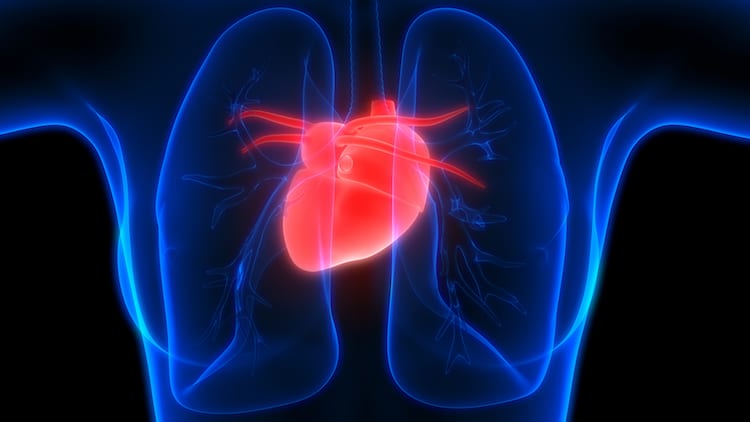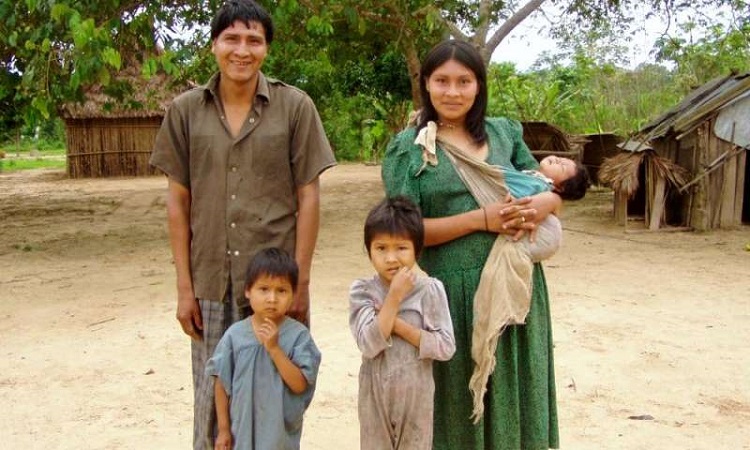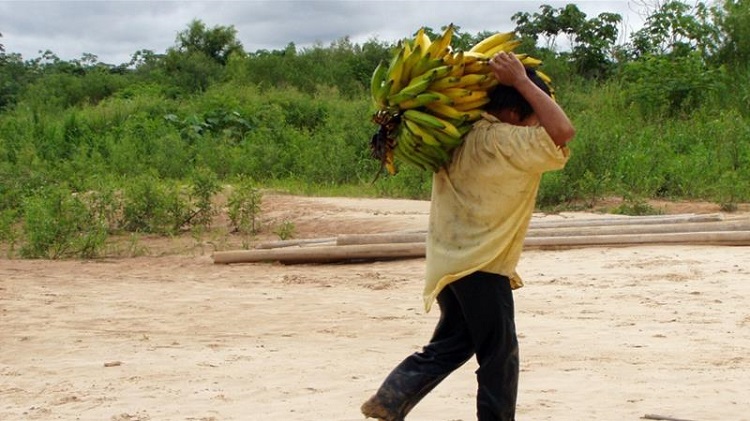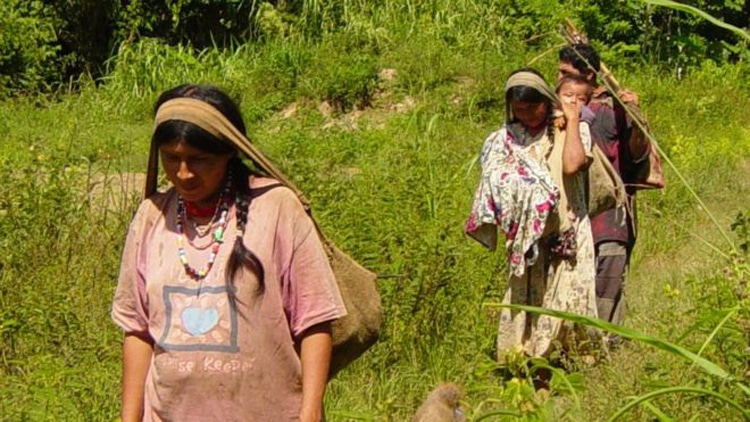
Photo credit: Magic mine / Shutterstock
We’re all striving for good health and to live as long as possible. Researchers are continually trying to figure out how, and studying the human heart is often at the center of it. A paper recently published in The Lancet provides new details on how to achieve a healthier heart. The data came from research conducted on the indigenous Tsimane people living in the Bolivian rain forest, who are identified as having the greatest heart health. The most surprising thing about the study? The Tsimane have a diet that’s heavy in carbohydrates.
In Western fad diets like Atkins or Paleo, carbs are almost nowhere to be found. But for the Tsimane people, they’ve had a positive effect. The study conducted its research in July 2014 and 2015, and scientists tested the coronary artery calcium (CAC) of 705 people in the Tsimane population. This test, among other factors, determines the likelihood of a heart attack; a score between 100 and 400 generally means that mild coronary artery disease is “highly likely.”
The results revealed incredible information about the Tsimane. According to the data, it showed that 596 (85%) had a 0 on the CAC scale, and 89 people (13%) had scores from 1 to 100. “For individuals older than age 75 years,” the study indicates, “31 (65%) Tsimane presented with a CAC score of 0, and only four (8%) had CAC scores of 100 or more, a five-fold lower prevalence than industrialized populations.”

How do the Tsimane have the healthiest hearts?
Many recommendations are things you’ve probably heard before and that doctors are always encouraging. The Tsimane don’t drink or smoke. They’re active and walk 16,000 to 17,000 steps a day—even those older than 60 were taking over 15,000 steps. (That’s over 10,000 more than the average American office worker!)
Another big factor contributing to the Tsimanes' healthy hearts is their diet. According to the BBC, here’s what they’re feasting on: 17% of it is game meat, such as wild pig, tapir, and capybara; 7% is freshwater fish; foraged fruits and nuts; as well as carbohydrates like rice, maize, sweet potato, and plantains. A whopping 72% of their calories come from carbs, which is much more than the 52% in the United States. In addition, the Tsimane also consume less saturated fat, with 14% versus 34%.


Maintaining an active lifestyle is important.
When reflecting on the study, scientists were most impressed with the active lifestyle that the Tsimane have, even as they grow older. Michael Gurven, a professor anthropology at the University of California, Santa Barbara told the BBC, “I would say we need a more holistic approach to physical exercise rather than just at the weekend.”
Naveed Sattar from the University of Glasgow echoed this sentiment. “This is a beautiful real life study which reaffirms all we understand about preventing heart disease. Simply put, eating a healthy diet very low in saturated fat and full of unprocessed products, not smoking and being active life long, is associated with the lowest risk of having furring up of blood vessels.”

h/t: [Gizmodo]
























































































